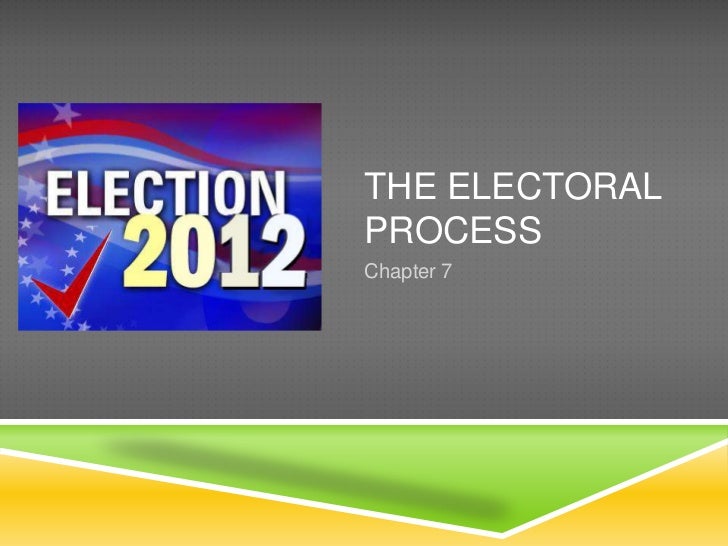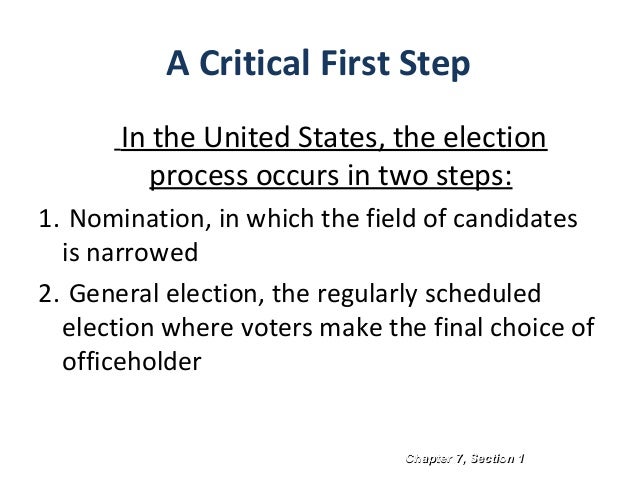


In fact, observation of elections by international bodies, civic groups and local political parties can help not only to prevent instances of electoral fraud but also to publicise identified wrongdoings and demand that appropriate measures are taken when these do occur. In addition to a strong legal framework, external oversight by a neutral and independent electoral commission, international bodies and civil society is paramount in ensuring the integrity of the electoral process and accountability of political parties. The law should protect political parties and candidates, ensuring they all have equal access to the media (for example, fair and equal prices for advertisement, fair reporting practices). The law should establish proportional and dissuasive sanctions for non-compliance, including the disqualification of a candidate. The law should also establish mechanisms through which contestants, political parties and voters can lodge complaints. The law should ensure that representatives of parties and candidates as well as election observers are allowed to monitor the electoral process, including by having access to voting stations and accompanying the vote counting. The law should also strictly prohibit candidates and political parties from giving money, presents or favours in exchange for votes.
/electoral-college-1065320032-5a53b03fdaf34cd19084eb494d3657f7.jpg)
The relevant provision should clearly define what constitutes the usage of state resources and what the sanctions for the violation of the rule are. The election law should explicitly state that state resources may not be used for the purposes of election campaign. In fact, the electoral law should define the areas, situations, and timelines within which the electoral body can issue these instructions. Further elections regulations and instructions to be adopted by the election management body should also be in accordance with the electoral law. Within this framework, last minute amendments (for example, regarding the time of the election or establishing re-election) should be prohibited. In order to avoid abuse of power and manipulation of the process and ensure the stability of the process, the law should establish time restrictions with regard to the passing of amendments to the electoral law. Clear rules on the criteria to be used in determining whether a ballot is valid or not should also be defined by law. The law should establish clear procedures for counting ballots, in spite of the method used (manual, mechanical or electronic). In addition, in order to avoid corruption and manipulations, voter registers should be made available for public scrutiny at no cost. There should be predefined and clear rules for the inclusion or removal of a voter from the register. The law should also clearly define the composition of the election management body, as well as its structure and procedures for the appointment of members.
#Electoral processes definition registration
Among other things, the responsibilities of such bodies usually include the establishment of clear voting procedures, the registration of voters and the management of voter registers, measures to ensure the secrecy of the vote and the integrity of the electoral process, including ensuring the transparent counting and tabulation of votes, and the certification of election results, among others. The law should also clearly define the body’s roles and responsibilities, ensuring that sufficient and timely resources are provided. The law should provide for the establishment of an autonomous and impartial election management body. Moreover, to prevent corruption and ensure a level playing field, election laws should seek to regulate the following : In this context, it is instrumental that the overall legal framework governing elections is unambiguous, understandable and transparent. The legal framework for elections usually includes constitutional provisions, the electoral law and other laws that may have an impact on elections, such as laws on political parties.


 0 kommentar(er)
0 kommentar(er)
